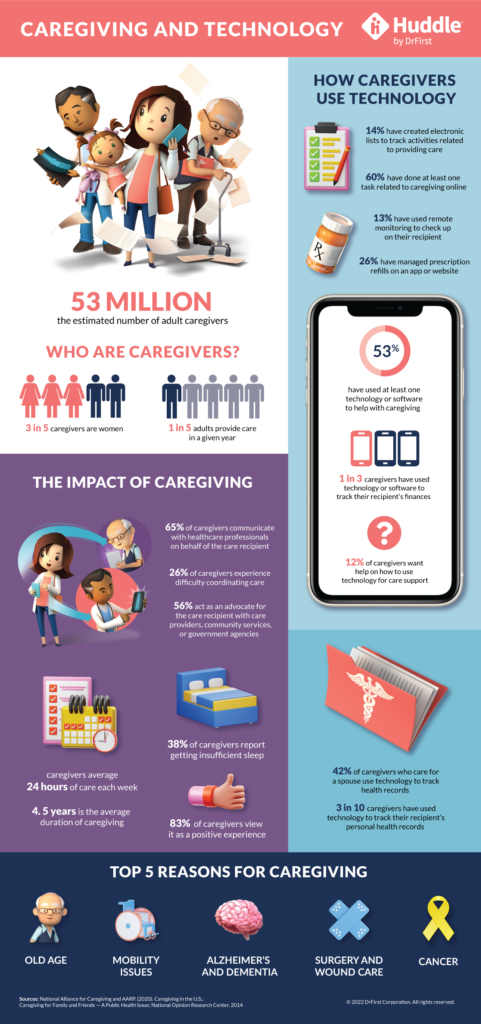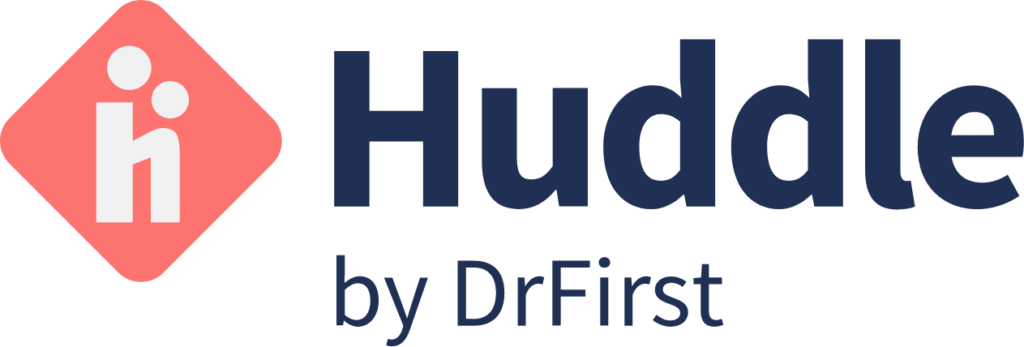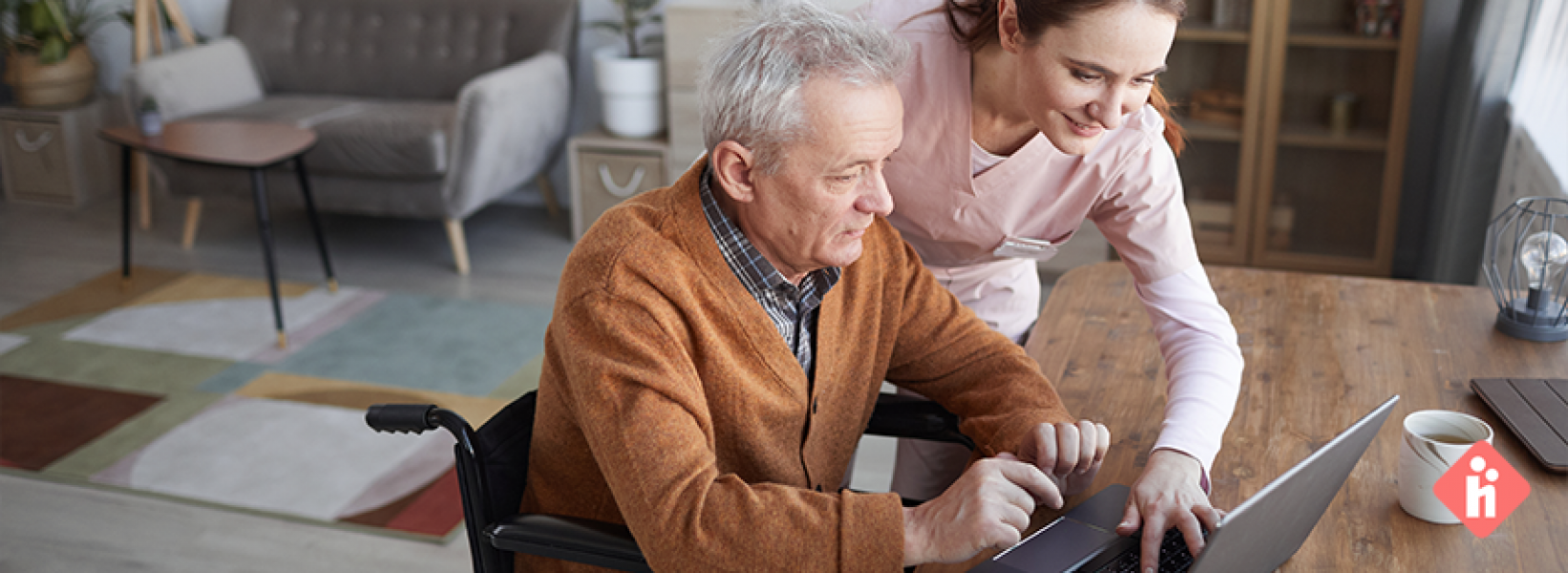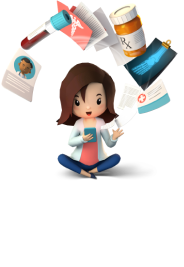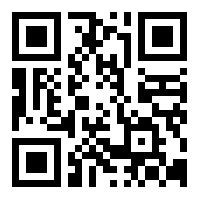Every year on the third Friday in February, we celebrate an important but often unrecognized group in the healthcare community: caregivers. An estimated 53 million people in the U.S.—about one in five of us—serve as caregivers to a spouse, parent, relative, child, or close friend.
Who are caregivers?
A caregiver is a person who is instrumental in the care and support of another individual, usually a family member. What’s remarkable about caregivers is that many work regular jobs in addition to spending an average of 24 hours per week caring for their loved one. Others report spending an additional 13 hours per month on administrative tasks like disease research, coordinating physician visits, or managing financial matters.
Because of this, caregiving can be emotionally, physically, and financially draining. In general, caregivers do not have a background in healthcare and receive no financial compensation for their work.
The role of a caregiver
Beyond companionship, caregivers are also responsible for the financial, physical, and emotional well-being of their loved one. There are multiple reasons why someone may require a caregiver, including older age-related issues, lack of , mobility, issues, cognitive issues like Alzheimer’s and dementia, surgical recovery, wound care, and cancer, to name just a few.
Caregivers may also handle the be called on to management a loved one’s of their family member’s health records. Maintaining up-to-date records of Records of past medical procedures, active and inactive medications, lab results, and therapies for another person can be incredibly complicated, are complicated but critical, especially if multiple specialists from different medical institutions are involved.
The impact on the caregiver
For all the challenges posed by caregiving, it’s the reward that many caregivers choose to focus on instead. Just over half of caregivers report feeling a sense of purpose due to the positive impact their care has on a loved one. Technology can significantly lighten the load, especially when it comes to the difficulty caregivers face managing a loved one’s health records.
Despite that, 81% of caregivers (almost 43 million people) report that managing their loved one’s health records is difficult. This is where technology, or an app like Huddle, can make a difference. Caregivers can easily keep track of medical records like prescriptions, allergies, lab results, care plans, and more so that any relevant information is readily available when they need it most. It also means that patients and caregivers can play a more active role in their care.
Huddle also creates the opportunity for care collaboration. Any and all records stored in Huddle can be shared with providers, caregivers, or family members. This gives anyone with access the ability to stay informed and actively participate in the care of their loved one.
Caregiving is challenging, but technology can help. Take a peek at the infographic below to see how many caregivers are using technology today.
